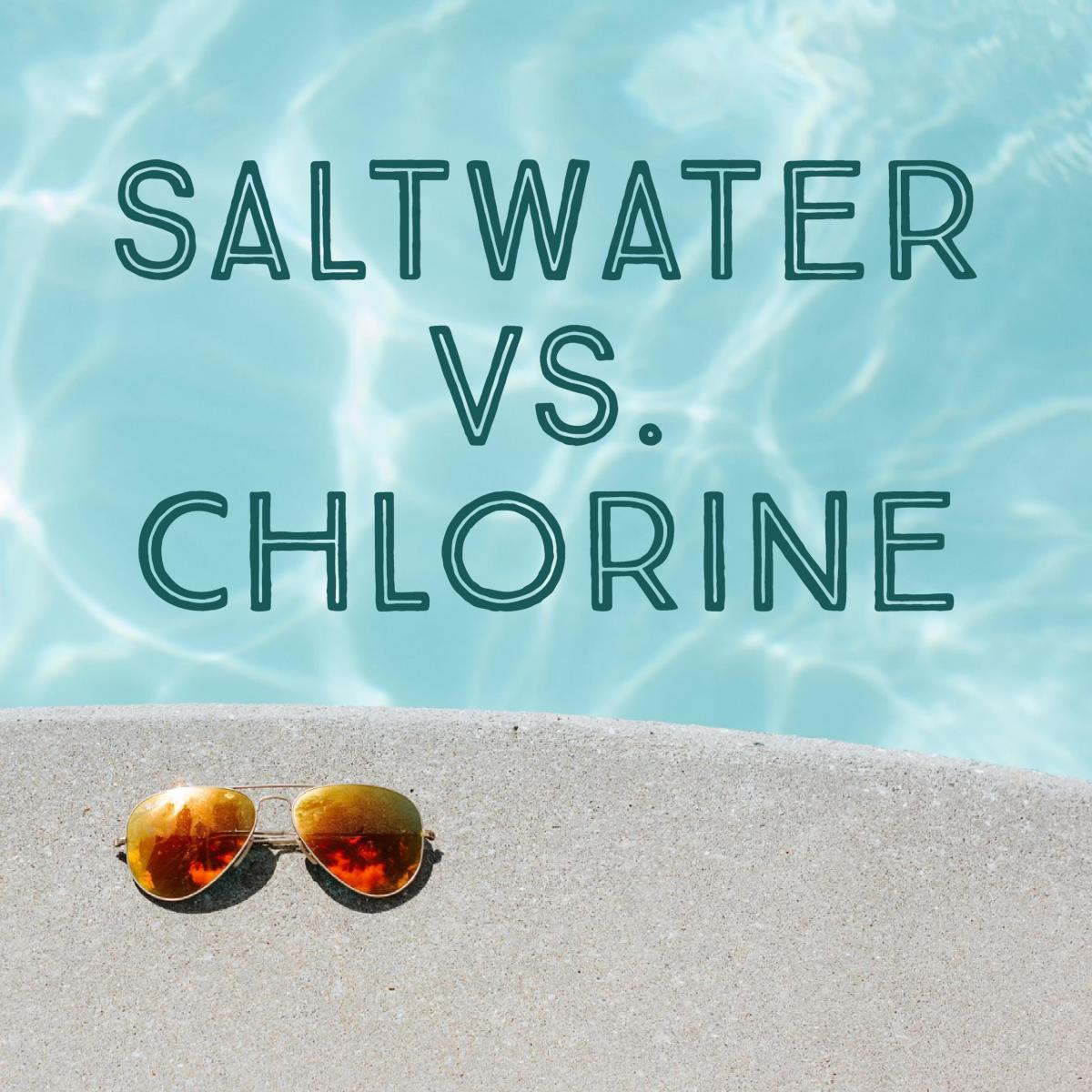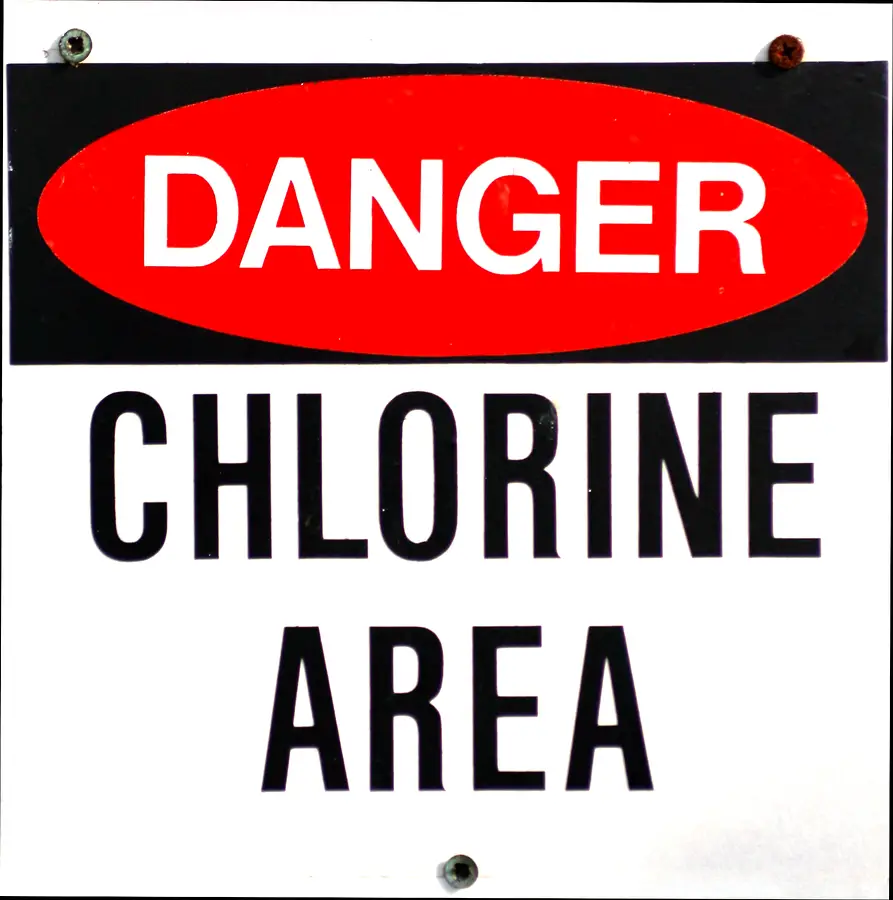Next Day Delivery Details
Dohenys is pleased to offer free next day delivery at no additional charge for orders over $100 to most of the US for all Doheny’s brand chemicals and many of our most popular swimming pool supplies. Next Day Delivery Service does not mean Next Day Air, but simply that your qualifying products will be shipped from the warehouse closest to you resulting in delivery the next day. We do have a shipping charge of only $9.99 for orders under $100.00.
Some details regarding this service:Other than for Pleasant Prairie, Wisconsin, not all products are stocked at all locations and therefore not available for next day delivery. Only those items with a Next Day Delivery designation on the product page can be expected to arrive the next day and orders must be placed by 3 PM local time .
If you reside in the next day delivery area served by our Pleasant Prairie facility, order in-stock products and place your order by 3 PM Local Time you should receive your order the next day . This applies to products even if they do not have a Next Day Delivery designation.
Because next day delivery is not guaranteed for standard service and residential deliveries are made only Monday through Saturday though Saturday delivery is not guaranteed, there is a chance that our product will not arrive the next day. While we try our best, unexpected demand can cause products to occasionally be out of stock or create a warehouse backlog that also can prevent shipment the day of the order.
Adding Chlorine To A Saltwater Pool: What You Need To Know
If you have a saltwater pool, you may have wondered if you can add chlorine to it. After all, chlorine functions to kill germs and viruses in regular pools, so it would make sense if it served the same function in your saltwater pool. However, there are many things that can damage your saltwater pool is chlorine one of them?
Its safe to put chlorine in your saltwater pool. It may even be necessary to do so in some cases, to perform temporary shock. Saltwater pools generate their own small amounts of chlorine but often need a little assistance in producing enough to make the pool a safe environment to swim in.
However, before you go ahead and add chlorine to your saltwater pool, there are a few things you need to know and consider. Lets take a look at everything you need to know about this combination.
What Kind Of Salt Does A Salt Chlorine Generator Use
Three types of salt are used with salt chlorine generators: solar salt, mechanically evaporated salt and mined salt.
- Solar salt is derived from seawater evaporated by the sun and contains impurities such as dead brine shrimp and bacteria. Impurities make the salt generator work harder.
- Mechanically evaporated salt is also made from seawater, but generated heat is used to evaporate the water instead of sunlight, which burns organic matter. Mechanically evaporated salt may, however, include pool-damaging minerals.
- Mined salt is dug from the ground and is considered the purest form of salt.
Also Check: What Is The Best Pool Shock
The Great Debate: Salt Water Vs Chlorine Pools
If youve decided to put in a new pool, one of the topics that youll come across in your research are pool sanitation systems. There are about five popular pool sanitation methods, but the two most common are chlorine and salt. Theres quite a lot to consider when selecting the right sanitation system for your new pool from health impacts to maintenance time to price so its important to know each systems pros and cons. The main question is what is the difference between chlorine and salt water pools and is one preferred over the other? While both are methods to sanitize pools, the only difference between them is how the chlorine is generated one using chlorine tablets and the other using a chlorine generator, otherwise known as salt water. If youre researching pool sanitation options and are thinking of switching your pool to salt water, or youre a first-time pool owner, the decision to go with one over the other depends on what makes sense for your personal life style and personal preference. Heres everything you need to know about salt water pools vs chlorine pools.
Saltwater Pools For Health

Swimming in a saltwater pool may be better for someone who has asthma or allergies. Thats especially true when it comes to indoor pools. You might notice a strong chlorine smell upon entering an indoor pool area. Thats because of the chloramines, the mix of chlorine and ammonia. In an outdoor pool, the smell quickly evaporates, whereas its contained indoors.
It usually is most strong around the surface of the pool, where swimmers take their breaths. If you have trouble breathing, you may find swimming in an indoor chlorinated pool irritating.
One 2003 study found that young children who swim regularly in an indoor chlorinated pool were at greater risk for lung inflammation and developing asthma. But more research is needed to determine if a saltwater pool is the best alternative.
Read Also: What Is The Best Robotic Pool Cleaner
Other Water Balancing Problem
Low pH is another common reason for low or no chlorine build up in your pool. The ideal pH level in a salt water pool is 7.2 to 7.8. pH often drifts higher in salt water pools specifically due to Sodium Hydroxide produced during chlorine production. If your CYA is too high, pH can also go higher as a result.Excessively high Total Alkalinity can also cause a rise in your pH.
Solution: to learn more about lowering your pH as its a common problem in salt water pools.
You can also learn more about overall water balancing and the 7 main factors of balanced water in a salt water pool including maintaining your TA. These are important topics that will help you become more self sufficient and less reliant on your pool company.
Tips On Converting Chlorine Pool To Saltwater
Before converting your chlorine pool to salt water, remember:
- Salt water can be corrosive to certain types of pool fixtures and surfaces
- Check that your pool fixtures are safe for use with a salt water system. If not, replace them with salt water safe alternatives.
To convert your chlorine pool into a salt water pool, youll need to purchase a salt water chlorine generator.
Once you have it, you can install it into your existing pool system. We recommend getting professional help with this.
With your saltwater chlorine generator installed, all thats left to do is add salt. As previously mentioned, youll need several bags of salt for the first time.
For most pools, this ranges between 30-40 bags of salt. Of course, be sure to calculate the correct amount for your pool size.
Let the water circulate for a couple hours, then go back and test your chlorine levels. From here on out, its as simple as pouring in salt every few days.
Recommended Reading: What Chemicals Do I Need To Start Up My Pool
S To Converting Your Pool To Saltwater
Once you have converted to a saltwater swimming pool, continue maintenance as usual. This will help to assure clean, clear water and extend the life of your pool equipment.
Also Check: Indoor Pool Tropicana Atlantic City
How Do Salt Water Pools Work
A saltwater pool needs a salt water chlorination system to function correctly. The salt system contains an electrolyzer which generates chlorine from the salt and water as the salt water passes through an electrical current. The process results in fewer chloramines, which softens the water, is good for aching joints, and doesnt smell like chlorine.
Get free estimates on HomeGuide from trusted inground pool installation companies:
You May Like: Aria Las Vegas Pet Policy
You May Like: What To Use To Clean Above Ground Pool Liner
Is There A Better Choice
Theres no one-size-fits-all answer when it comes to picking between a traditional chlorine and saltwater pool. Saltwater pools require less maintenance and dont have as many chemicals in the water, but chlorine pools tend to be more cost-effective and convenient. Ultimately, youve just got to weigh the pros and cons of each and determine which is the better choice for your circumstances.
Questions? Shoot me a message, and Ill be happy to help.
Why Is My Pool Giving Me A Rash
There are a few reasons why someone might get a rash when swimming in their pool. The most common cause is hypersensitivity to the chlorine thats used to keep the water clean.
Other causes can include allergic reactions to chemicals in the pool or skin irritation from contact with salt water. If youre experiencing any of these symptoms, its best to speak with a doctor about what could be causing them.
You May Like: What To Do When Your Pool Is Cloudy
Salt Water Pool Benefits You Should Know About
When people hear the phrase salt water pool, many of them picture a pool filled with ocean water. But in reality, the salt in salt water pools is hardly detectable to humans smell or taste. This is due to the fact that salt water pools, or rather salt water generators, use a small amount of salt to produce chlorine.
And if youre reading this post, then youre probably thinking about building a salt water pool or installing a salt water generator into your current setup. If so, you came to the right place.
In this post, we go over a few salt water pool benefits and answer the most common questions pool owners ask on the subject. So if youre looking to make a purchase decision, or just want to educate yourself on salt water pools, keep reading.
Saltwater Or Chlorine Pools: What’s The Difference

Basically, there is no special difference. Both saltwater and chlorine pools use chlorine to kill harmful bacteria and organisms in the water. The only difference is that saltwater pools use a special chlorine generator to produce chlorine through electrolysis and inject the required amount of less harmful chlorine automatically into the water, saving you from manually adding any chlorine shocks for pool sanitization.
So they are easier to maintain, and that is why I converted. Ever since I converted my pool, I spend much more time swimming and less time fiddling with the chemicals.
Read Also: What Is The Best Above Ground Pool Cover
How Do You Get Green Out Of Your Hair Without Bleaching It
Baking soda is a natural bleaching agent, so adding it to your shampoo can make the color-stripping process go faster. Use warm water to wet your hair. Make the water as warm as you can stand it. Warm water opens up hair follicles and cuticles making them more receptive to being stripped of the dye.
What Does Swimming Pool Rash Look Like
If you experience any symptoms of swimmers itch after swimming in a pool, it is important to get it checked out by your doctor as soon as possible. Symptoms can vary depending on the type of pool water and severity of exposure, so be sure to mention that you swam in a pool when you go for your check-up.
Irritants from chlorine can cause swimmers itch take anti-itch medication if needed and apply sun protection to help fight the rash while resting and drinking plenty of fluids. Swimmers itch is most commonly caused by irritants in chlorinated pools but can also occur with other types of water sources such as hot tubs or lakes.
The severity depends on the person and ranges from mild cases where people only have redness around their skin, to more severe cases where blisters form and people are forced to stop swimming altogether due to infection risk. Always consult a doctor if you experience any unusual symptoms associated with swimming pools or chlorination systems even mild cases may require treatment so dont wait.
Recommended Reading: What Is The Best Swimming Pool Test Kit
Salt Water Vs Chlorine Pool
So with the pros and cons of both chlorine and salt water treatments, what exactly makes chlorine hot tubs better than salt water hot tubs?
Though chlorine may have its drawbacks, when it comes to the salt water vs chlorine debate, chlorine proves to be the more cost effective and safer option:
- Chlorine requires less upkeep.
- Chlorine hot tubs last longer than salt water hot tubs.
- Chlorine is more affordable and cost-effective. Salt water systems are more complicated to install, thus entailing high installation and maintenance fees. Not to mention, salt water replacements are more expensive than updating chlorine-based hot tubs.
- Salt water pools have less chlorine levels than actual chlorine-based pools. Thus, the likelihood of bacteria and viruses forming is higher in salt water pools and hot tubs.Salt water is more prone to cause corrosion, so youre likely to see more wear and tear to your hot tub and pool.
Salt Water Vs Chlorine: Which One Is Better
When youre looking to obtain the right pool for your home, its important to understand the many differences between salt water pools and chlorine pools. When you select a salt water pool, youll be required to add salt to a chlorine generator, which will convert the salt into chlorine thats filtered into the pool. On the other hand, chlorine pools require owners to place chlorine directly into the pool water on a regular basis. Even though both pool types provide similar results and swimming conditions, there are some key differences that you should be aware of if you want to determine which option is better for you.
You May Like: Where To Buy Sustain Pool Chemicals
Benefits And Disadvantages Of Saltwater Pools
You may wonder why some people prefer saltwater pools to the more common chlorine pool. These are some of the possible benefits of a saltwater pool:
Silkier water feel.
Safer for children and pets.
Requires less general maintenance.
Requires owner to stock fewer chemicals.
Of course, with these benefits come a few disadvantages:
Higher installation cost than chlorine pools.
Uses more electricity.
May damage concrete, metal, furniture, and other pool features over time.
Broken pumps require professional repair.
If you find yourself wishing you had a saltwater pool, it is possible to convert a chlorine pool to a saltwater pool by purchasing a saltwater generator. You can perform the water transition yourself, but generator installation is best left to the professionals.
Generator Cell And Sensor Maintenance Is An Investment Of Time And Money
Saltwater generator cells require a cleaning every 90 days, or you will end up with calcium buildup. Skipping regular cleanings for six months or more shortens cell life, increases the likelihood that the cell will break, and the pool will eventually become swampy.
The cell in a saltwater generator cell must be replaced every two to three years. The replacements are an investment of about $500 to $800 .
You will also need to have a professional closely monitor and clean the sensor that determines how much salt needs to be added to the water, or you can end up with a serious chemistry imbalance.
Read Also: How Do I Open My Pool
Can You Change Your Pool From Salt Water To Chlorine
When it comes to swimming pools, one of the biggest decisions people face is whether to go with a chlorine pool or a salt water pool. In some cases, pool owners may consider changing their pool from salt water to chlorine. One of the misconceptions that comes with a salt water pool is that it is chlorine-free. While you wont find the traditional chlorine tablets, you will find a salt water chlorinator that is used to create chlorine similar to that found in chlorine pools.
The big difference is that salt takes the place of chlorine tablets. This creates a slight salt water solution that your pool filters. During this process, the salt water passes through a salt cell and gets a small electrical current. This creates the pools own chlorine which helps to keep it clean.
Many people decide on salt water pools to avoid the irritants that can come along with a chlorine pools. But, then other issues may arise with salt water pools leading some to decide to change from salt water to chlorine.
History Of Chlorine And Why Its Used

Chlorine has been used since the early 1900s as a way to disinfect water. It was the first chemical used for pool treatment. Brown University is known to be the first to attempt to sterilize a pool with chlorine in 1910. In addition to water treatment, its now widely used across industries such as food production, solar energy, and automotive.
Chlorine has been widely used to combat harmful bacteria in hot tubs and pools. Not only is it cost-effective, but it is the most-trusted method when it comes to hot tub and pool treatment.
Recommended Reading: How Much Should Weekly Pool Service Cost